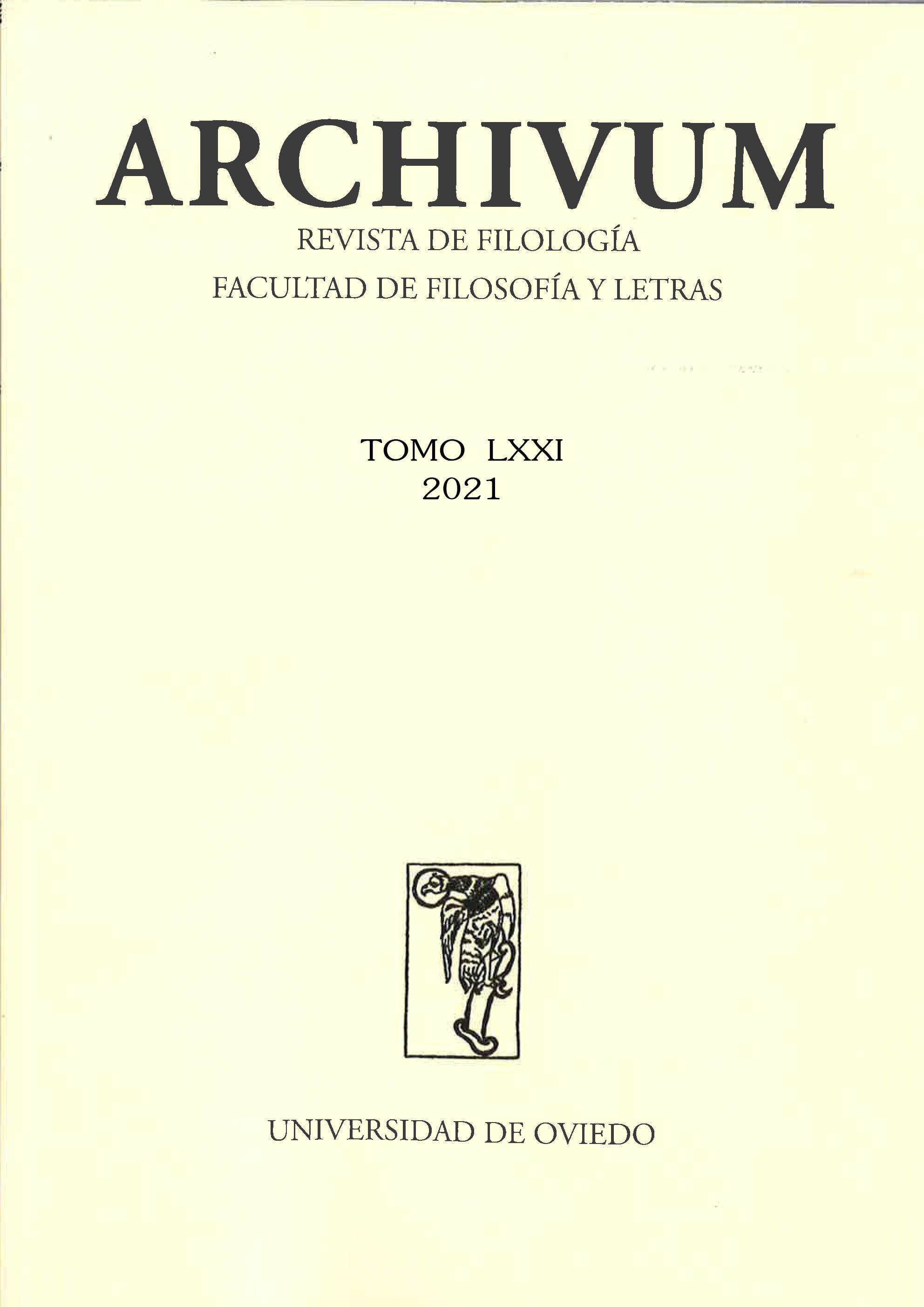Resume
Hace ya tiempo que la ficción del angoleño Pepetela dirige su atención hacia el presente; un presente que no le satisface y del que va dando cuenta de manera cada vez más satírica, utilizando para ello géneros proclives a la crítica social, como son la novela policiaca o la novela de dictador. En Sua excelência de corpo presente (2018), toma el pulso a las derivas totalitarias que marcan el inicio del S. XXI y ofrece a sus lectores una crítica mordaz a los sistemas totalitarios disfrazados de democracias. La acción transcurre en África, en un país sin identificar, cuyo presidente ha fallecido y está recibiendo un último homenaje. De manera sorprendente, sin embargo, el muerto puede ver, oír y entender. Postrado en el féretro, tiene tiempo para recordar su vida y su ascenso al poder, alimentado por los recuerdos e historias que en él provocan las personas que pasan frente a su ataúd. Nos proponemos con este trabajo analizar la novela de Pepetela bajo la perspectiva de los estudios de la “narrativa de la violencia” (Tomás Cámara, 2017), en el ámbito de los "African Dictator Novel" (Veit-Wild, 2005, Walonen, 2011) o "Politique-Fiction" (Coussy, 2000), ya que la novela representa en la narrativa africana el género en su manifestación arquetípica —caracterización realizada por Subercaseux (1980)—, al mismo tiempo que se convierte en la primera novela sobre la figura del dictador en las literaturas africanas en lengua portuguesa.
Referencies bibliográfiques
Bellini, G. (2000). El tema de la dictadura en la narrativa del mundo hispánico. Roma: Bulzoni. Disponible en www.cervantesvirtual.com
Fernández García, M. J. (2008). Dictadores de novela: Franco y Salazar en la narrativa española y portuguesa. Limite. Revista de Estudios Portugueses y de la Lusofonía, nº 2, 159-186.
Mizrahi, D. (2019). África, tierra de dictaduras: por qué la democracia es una utopía en la mayor parte del continente. Infobae. Disponible en:
Subercaseux (1980). Tirano Banderas en la narrativa hispanoamericana. Cuadernos Hispanoamericanos, nº 359, 323-340.
Tomás Cámara, D. (2017). África indócil. Una poética de la violencia en la literatura africana contemporánea. Madrid: Verbum.

Esta obra ta baxo una llicencia internacional Creative Commons Reconocencia-NonComercial-EnsinDerivaes 4.0.

